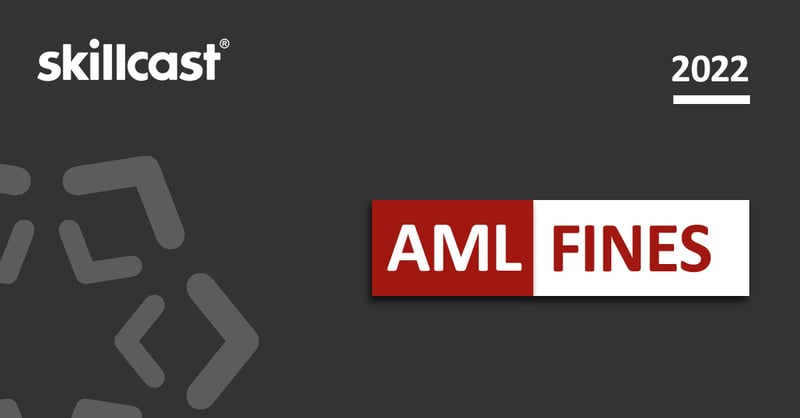Crossing that line can lead to hefty fines and prosecution. We have gathered examples from recent and historic high-profile cases to help you unpick the fine line between tax avoidance and tax evasion.
Tax evasion is back in the news...
The Income Tax investigation of Alkem Laboratories has uncovered significant instances of tax evasion and fraud.
During raids conducted in September, documents were seized revealing alleged fraudulent deductions exceeding Rs 1000 crore and illicit payments made to doctors and medical practitioners to promote Alkem's drugs.
The investigation focused on the company's operations in Sikkim, uncovering bogus claims and excessive deductions. According to a senior Income Tax official, Alkem Laboratories faces severe penalties for these actions.
What is tax avoidance?
Tax avoidance is when a person or company exploits the tax system to reduce tax liabilities, such as establishing an offshore company in a tax haven. Simply put, it means paying as little tax as possible while still staying on the right side of the law.
Examples of tax avoidance schemes include advance deeds, loan payments, grants, tax deductions, credits, or exemptions that are legally available to reduce tax liability.
According to the UK government website, tax avoidance involves “bending the rules of the tax system to gain an advantage Parliament never intended”. It occurs when people operate within the letter of the law but not the spirit.
As part of their 'Don't Get Caught Out' campaign, the UK government is clamping down on tax avoidance schemes, including ones promoted by AML Tax UK Limited, Tailored Resourcing and Able Ltd.
What is tax evasion?
Tax evasion is when a person or company escapes paying taxes illegally. This is typically done by concealing the true state of their financial affairs from tax authorities.
Common examples of tax evasion include:
- Not reporting or under-reporting income to the tax authorities
- Keeping business off the books by dealing in cash or other devices with no receipts
- Hiding money, shares, or other assets in an offshore bank account
- Misreporting personal expenses as tax-deductible business expenses
- Using company property for personal use without a valid business reason
How do tax evasion & tax avoidance differ?
There is a fine line between avoidance and evasion. Many tax avoidance schemes devised by accountants and marketed towards the wealthy have been heavily criticised, leading to HM Revenue & Customs (HMRC) shutting them down, arguing that they amount to tax evasion.
Jimmy Carr, Gary Barlow, Starbucks, Google and Amazon are just a few names you may have seen in the media connected with tax avoidance and evasion schemes.
In the case of Jimmy Carr, he received public scrutiny when news surfaced that he was involved in the K2 Scheme, a tax avoidance arrangement which meant that the rich paid less than 1% tax, ultimately costing the tax man £168m.
Similarly, pop star Gary Barlow and many other celebrities invested in a scheme known as Icebreaker, which purported to find finance for creative projects within the music industry and offer a return for investors, but in fact, generated losses. Barlow, along with two of his Take That bandmates, Mark Owen and Howard Donald, and the band's former manager, Jonathan Wild, have repaid more than £20m to HMRC after pouring £66 million into the scheme.
They were penalised because HMRC deemed this an "aggressive" tax avoidance scheme. If you go up against HMRC and lose, you could be ordered by the courts to repay the tax, the interest and any penalties it deems fit.
UK approach to tax evasion
The UK Government has been working to change the common perception of tax evasion as a petty crime. The Criminal Finances Act 2017, which took effect on 30 September 2017, created a new corporate criminal offence of failing to prevent the facilitation of tax evasion by associated persons.
The government has introduced hundreds of measures. In recent years, the HMRC has hired hundreds of new officers to act against aggressive tax avoidance schemes and reduce the tax gap, i.e. the difference between the tax that should be paid and what is actually collected.
In an article titled 'If your suppliers cheat us we'll fine you, says taxman', The Times newspaper reported that companies could be prosecuted and face unlimited fines if they fail to spot tax evasion by their suppliers.
HMRC wants to see enhanced due diligence in supply chains and provision of labour. It has hired officers to step up raids and demand inspections of business records. You can read more about the legislation to criminalise failure to prevent tax evasion in the government guidance document tackling tax evasion.
Want to learn more about Financial Crime?
We've created a comprehensive AML roadmap to help you navigate the compliance landscape, supported by several financial crime prevention courses in our Essentials Library.
We also have 100+ free compliance training aids, including assessments, best practice guides, checklists, desk aids, eBooks, games, posters, training presentations and even e-learning modules!
Finally, the SkillcastConnect community provides a unique opportunity to network with other compliance professionals in a vendor-free environment, priority access to our free online learning portal and other exclusive benefits.







